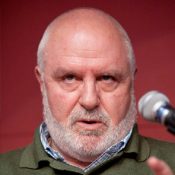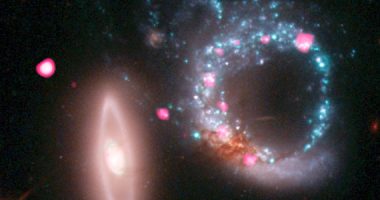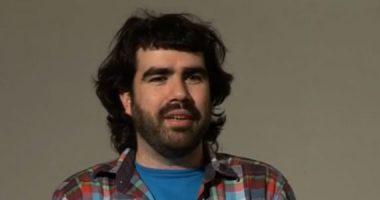Journalist, scientist, professor and expert consultant in information and communication technologies.
He currently directs the Citilab Laboratory for Innovation Social Networks. He has published numerous articles and books on Internet and the World Wide Web and is a specialist in the organisation and management of knowledge online.
His journalistic career began in 1969 in Latin America, where he directed and collaborated on various media from Chile, Venezuela, Argentina and Peru, until in 1973 he moved to London as correspondent for the BBC. In 1982 he settled in Spain, where he worked as scientific correspondent for El Periódico de Catalunya until 2004. In 1995 he set up in this same newspaper the weekly page Telemática, dedicated precisely to the then incipient world of Internet and the networks. During the 1990s, he also collaborated with media such as the TV3 programme Millenium and the journal Nature and founded the Centre for Environmental Information and Education of the Catalan Technology Institute in Barcelona.
In 1996 he set up the digital enterprise Enredando.com and the magazine en.red.ando, one of the first electronic publications devoted to studying and analysing the impact of Internet on organisations, politics, the economy, science, education and, in general, everyday life. For his work at the helm of Enredando, in 2000 he received the City of Barcelona Prize and in 2001 the European Journalism Award. Luis Ángel Fernández Hermana was chosen by the newspaper El Mundo as one of the 25 most influential people on the Internet in Spain for three consecutive years (2000-2002).


